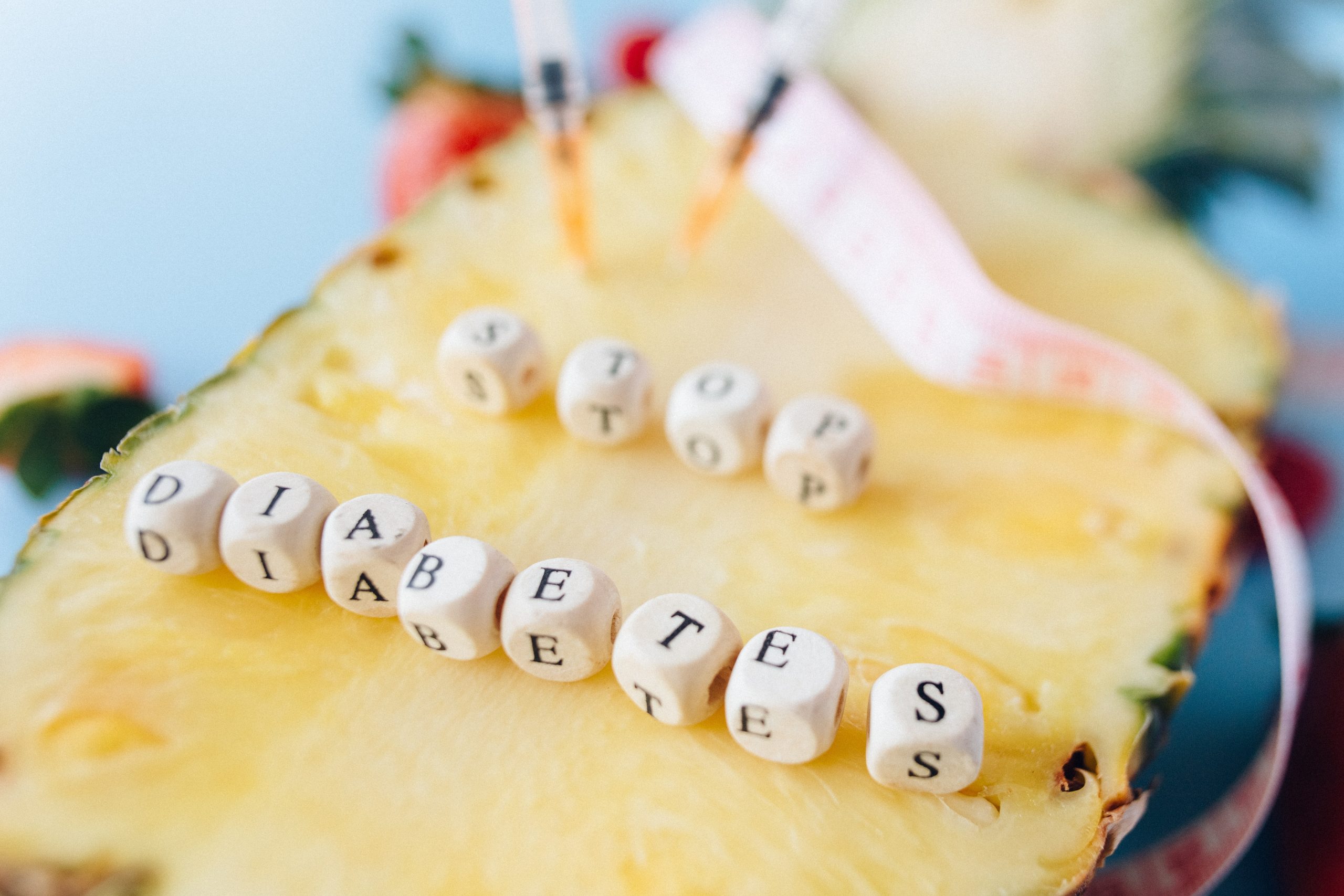What Foods to Avoid With Diabetes? Individuals with diabetes need to be mindful of their diet to keep their blood sugar levels in check. Some foods that should be limited or avoided include:
What can diabetics do to eat healthier foods?
There are several steps that individuals with diabetes can take to eat a healthier diet:
- Foods high in added sugars: These include soft drinks, candy, cakes, and pastries.
- Processed and refined carbohydrates: Foods made with white flour, such as white bread and pasta, can cause rapid spikes in blood sugar levels.
- Saturated and Trans fats: Foods high in saturated fats, such as butter and red meat, can increase the risk of heart disease, and should be limited. Trans fats, found in foods such as fried foods, pastries, and processed snack foods, can raise bad cholesterol and lower good cholesterol.
- Sodium: A diet high in sodium can increase blood pressure and the risk of heart disease.
- High potassium foods: foods high in potassium such as bananas, oranges, tomatoes, potatoes, and spinach should be limited in case of kidney disease or on medications that interact with potassium.
- Alcohol: alcohol can affect blood sugar levels, and should be consumed in moderation.
What can diabetics do to eat healthier foods?
There are several steps that individuals with diabetes can take to eat a healthier diet:
- Plan your meals: Planning your meals in advance can help you make healthier food choices. Make sure to include a variety of fruits, vegetables, whole grains, lean protein, and healthy fats in your diet.
- Read food labels: Knowing what's in the food you're eating can help you make healthier choices. Pay attention to the serving size, calories, fat, sugar, and sodium content.
- Choose whole foods: Whole foods, such as fruits, vegetables, whole grains, lean protein, and healthy fats, are nutrient-dense and can help you manage your blood sugar levels.
- Control portion sizes: Eating too much of any food can lead to weight gain and make it harder to manage diabetes. Use measuring cups, spoons, and a food scale to help control portion sizes.
- Avoid processed foods: Processed foods often contain added sugars, sodium, and unhealthy fats, which can be detrimental to diabetes management.
- Experiment with new foods: Try new recipes and ingredients to discover new ways to enjoy healthy foods.
- Eat regularly: Eating regularly can help prevent blood sugar swings.
- Use a diabetes exchange list: This is a tool that can help you plan meals and snacks that are balanced in terms of the amount of carbohydrates, protein and fats.

